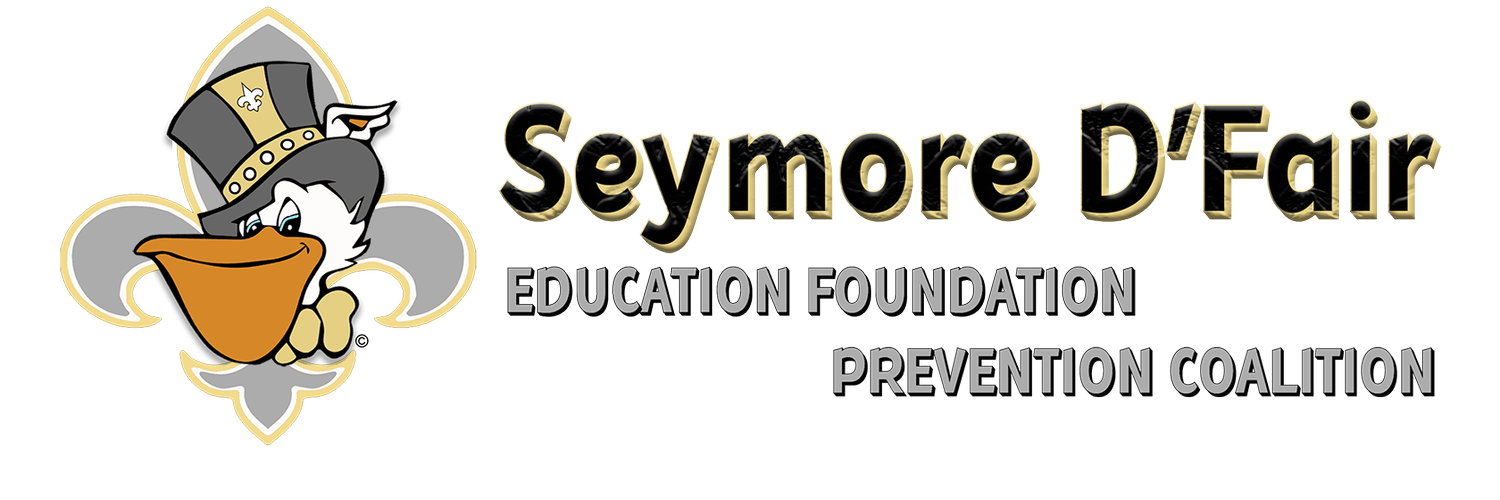Kiki Camarena, DEA Special Agent
Enrique S. Camarena Salazar served as an undercover special agent with the United States Drug Enforcement Administration (DEA), tasked with combating illegal drug use across the nation. Affectionately known as "Kiki" to his loved ones, he was deeply committed to his mission and his country, tirelessly addressing drug-related issues. Despite the inherent risks, Kiki fearlessly navigated the streets of Mexico to expose and dismantle major marijuana and cocaine trafficking operations. Even in the face of danger, he remained steadfast in his resolve to enact positive change in the communities he served. When urged by his mother to consider his safety, Kiki steadfastly maintained that someone had to confront drug trafficking, believing in the impact of his efforts.
Kiki's dedication to his mission and his unwavering commitment to combating drug trafficking underscored his courage and determination. Despite the perilous nature of his work, he remained resolute in his belief that his actions were making a meaningful difference in the fight against drug abuse and its devastating consequences. His legacy continues to inspire countless individuals to stand up against drug trafficking and work towards creating safer, healthier communities.
The Origins of Red Ribbon Week
The tragic events surrounding the murder of Special Agent "Kiki" Camarena sparked a grassroots movement aimed at diminishing drug demand and promoting a healthy, violence-free lifestyle nationwide. Deeply affected by Kiki's passing, his loved ones and community members in Calexico, California, began wearing Red Ribbons in his memory, shedding light on the devastation caused by drugs.
Congressman Duncan Hunter and high school teacher David Dhillon initiated "Camarena Clubs" in California high schools, where members pledged to lead drug-free lives in honor of Kiki's sacrifice and those of others. In 1985, these clubs garnered attention by presenting the "Camarena Club Proclamation" to then-First Lady Nancy Reagan, gaining national recognition. Subsequently, parent groups in California, Illinois, and Virginia advocated for the nationwide wearing of Red Ribbons during late October.
In 1988, the National Family Partnership orchestrated the inaugural National Red Ribbon Week, an eight-day event endorsed by the U.S. Congress and chaired by President and Mrs. Reagan.
Today, the Red Ribbon Campaign serves as a symbol of support for initiatives aimed at reducing drug demand through prevention and education efforts. From October 23rd to October 31st each year, thousands of schools, communities, and drug abuse prevention organizations nationwide distribute red ribbons to honor Special Agent Camarena's legacy and demonstrate a commitment to combating drug abuse.
Why October 23-31?
Why October 23-31? In October 1988, U.S. Senate Joint Resolution 329 was signed into Public Law 100-455 by Presidential Proclamation 5883. This legislation officially designated the last week of October as National Red Ribbon Week. Subsequently, a series of annual Congressional resolutions have reaffirmed the last week of October as Red Ribbon Week.
Enrique S. Camarena Educational Foundation
The Enrique S. Camarena Educational Foundation was founded to preserve and promote the sacrifices made by Special Agent "Kiki" Camarena as well as all law enforcement officers who have given their lives in fighting drug abuse. The foundation promotes drug-free education activities for our Nation's youth.
Awards, Achievements, & Honors
Received the 'Administrator's Award of Honor', the highest award given by the DEA.
1985, 'Red Ribbon Week' was started in his memory. The Red Ribbon Week is an annual Drug Awareness Campaign that teaches children and young adults the ill-effects of drugs.
2004, Enrique S. Camarena Foundation was established in his honor.
'Benevolent and Protective Order of Elks' introduced an annual award ceremony called 'Enrique Camarena Awards'. The award is given to individuals who show determination, courage and locus.
In 2017 a bronze bust of Kiki was commissioned and placed on permanent display in the DEA New Orleans Division Office
Childhood, Early Life, & Professional Career
1947 - Born on July 26 in a small town called Mexicali. When he was nine, his family moved to Calexico, California.
1963-65 - Served in the United States Marine Corps
1966-68 - Attended Imperial Valley College earning an associate degree. During his college days, he also worked as a fireman in Calexico. He then joined the police department in Calexico.
1970 - Transferred to El Centro, California, where he began his work as a narcotics investigator.
1974 - Appointed as a Special Agent in the Drugs Enforcement Administration (DEA). His primary mission was to eradicate drug trafficking in the country.
1981 - Moved to the Guadalajara office in Mexico for four years gathering information about the various illegal drug operations and activities in the surrounding areas.
1984 - Acting on information provided by Kiki, 450 Mexican soldiers backed by a helicopter destroyed Rancho Buffalo a 2500-acre marijuana plantation destroying over $8 billion in illegal drugs.
1985 - Kiki was abducted by drug traffickers and later died.

